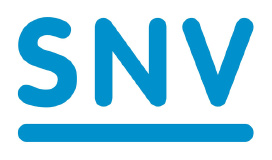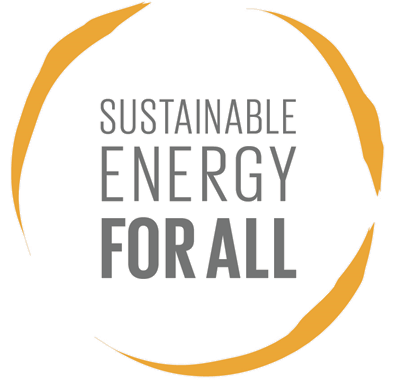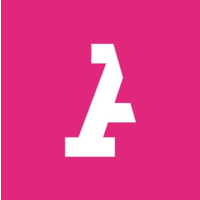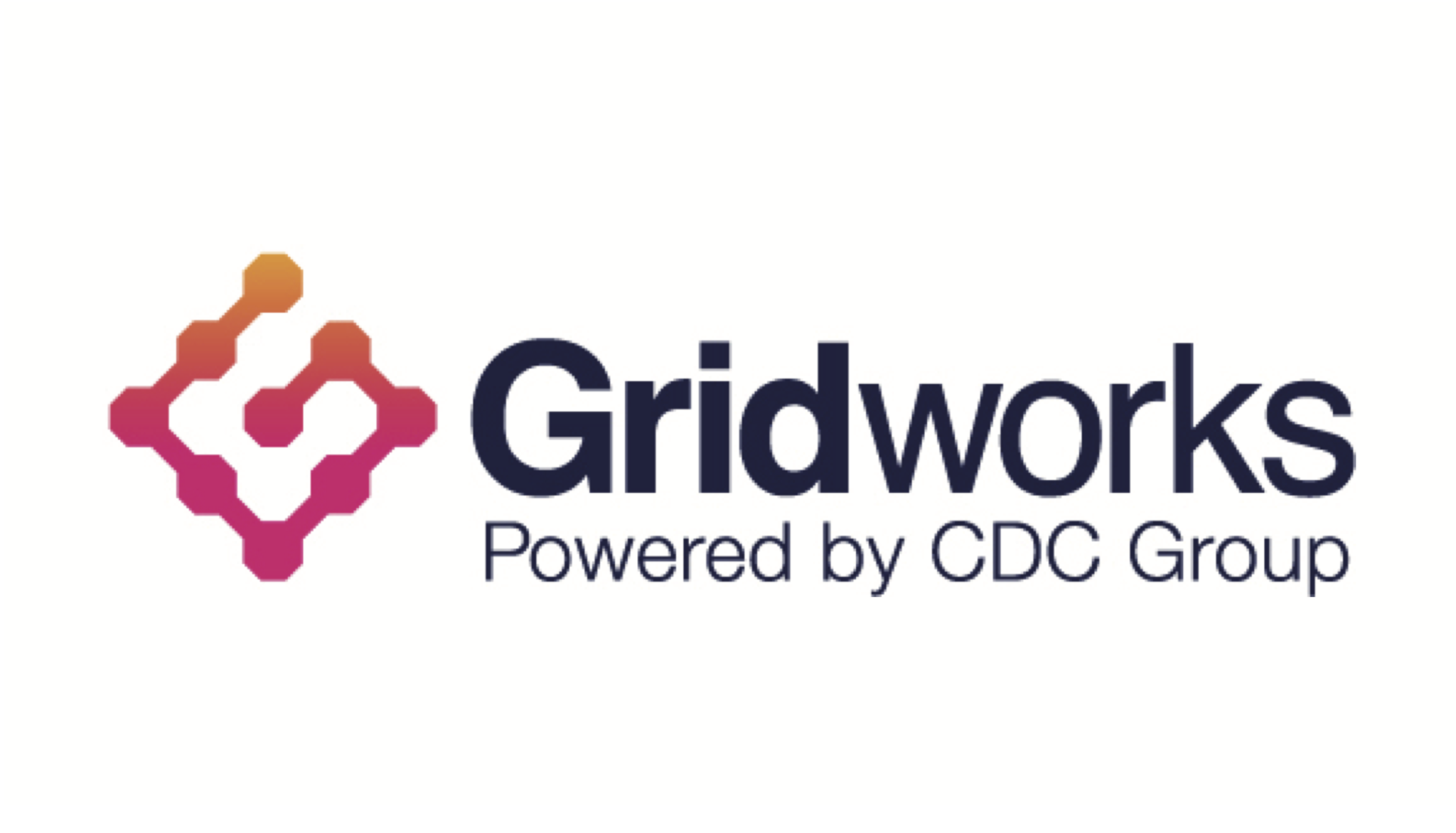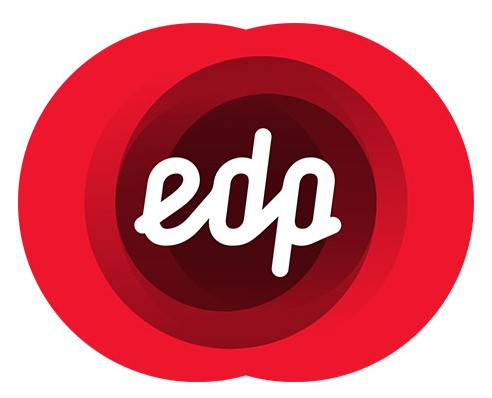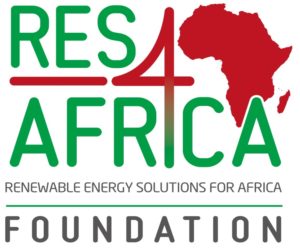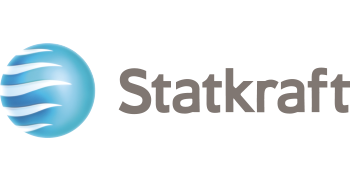- Funding will enable SPS to offer cleaner, cheaper solar energy to more businesses across sub-Saharan Africa.
23 August 2021: Gridworks, the UK’s developer and investor in African electricity networks, and New GX, the South African investment firm, have today announced US$40 million of new investment in the Gridworks portfolio company, Sustainable Power Solutions Investments (“SPS”).
SPS works with commercial and industrial (C&I) clients across sub-Saharan Africa to fund, develop, build and operate solar power technologies, including battery storage, that provide consistent, affordable clean energy. SPS has over 45MW of solar and more than 15MWh of battery storage (in operation and under construction) in South Africa, Namibia, Kenya and Indian Ocean islands, spread across hospitality, telecoms, retail and other sectors.
The investment announced today also sees Gridworks (established by CDC, the UK’s DFI) become a majority shareholder in the company, while New GX, which is owned by the Pitje family trust, and represented by Khudusela Pitje, will replace current minority shareholders, Trigen Group and Genfin. Christo Wiese’s Titan Group will remain an investor in the business. The long-term funding provided by Gridworks and New GX will enable the company to deepen its presence in existing markets and expand across Sub-Saharan Africa. The company is targeting building an additional 100MW of projects. As part of New GX’s investment Khudusela Pitje and Carin van Woudenberg will join the SPS board.
Lack of reliable grid power has led to more than half of businesses in sub-Saharan Africa using diesel generation to ensure certainty of supply. With more than three quarters of total energy demand in Africa coming from commercial and industrial customers, the need is clear. Solar PV and battery storage solutions are increasingly providing a viable and cheaper alternative for many businesses that see the value in being able to benefit from greener, more consistent power. SPS is a leader in the sector and well-positioned to accelerate the use of solar energy with Gridworks’ and New GX’s support and capital.
The US$40m of new capital for SPS reflects Gridworks and New GX’s relative shareholdings in the company, with Gridworks committing $US22m and New GX US$18m. In addition, Gridworks is investing $9m to become a majority shareholder. This brings Gridworks total commitment to SPS in this transaction to US$31m. The introduction of New GX will also bring the local empowerment ownership in the company above 42%.
Gridworks first invested in SPS (then known as Mettle Solar Investments) in late 2019. Since then, the company has built over 22MW of grid-tied projects in Southern Africa and Kenya and 4.2MW / 8.7MWh of islanded projects in the Seychelles, including some of the largest off-grid systems using Tesla’s Powerpack technology in Africa for its customers. Gridworks also appointed the experienced Kenyan businessman and former CEO of Kenya Airways, Mbuvi Ngunze as Chairman of SPS. In the last financial year, SPS’s operating plants reduced carbon emissions by more than 11.7 million kilogrammes.
Announcing the new investment, Gridworks CEO Simon Hodson said:
“We’re delighted to become the majority shareholder in SPS and support the company in the next stage of its development. Since first investing in 2019, we’ve helped the company become one of only a small set of African developers operating sustainably to finance, build, and operate grid-tied and battery-backed, off-grid systems. We’re excited that New GX Capital have decided to invest in the business alongside us. They have a wealth of experience in long-term infrastructure investing and will be a strong partner who share our ambitions for SPS. Their investment and expertise will be invaluable as SPS expands into new markets across Africa.”
“Gridworks exists to increase the quantity and quality of power in Africa and our mandate covers transmission and distribution infrastructure, as well as off-grid solutions like SPS. SPS, and the C&I sector as a whole, can provide green, reliable power to businesses that will go on to create jobs and economic opportunity.”
Khudusela Pitje, CEO of New GX Capital added:
“We are delighted to partner with SPS and Gridworks to unlock our renewable energy vision in the commercial & industrial sector across the continent. We will bring our in-depth knowledge as an infrastructure investor and increase SPS’s footprint in the telecoms and industrial sectors. We are driven by a sustainable tomorrow which we believe will also drive industrialisation within the continent.
“In South Africa, regulatory certainty is key to attracting capital. We believe President Ramaphosa’s announcement for lifting the license requirements around100MW embedded energy opportunities will drive job creation (especially amongst the youth); private sector investment in the Telecoms sector; and indirectly assist utilities to generate additional capacity without government backed guarantees”
Francois Van Themaat, CEO of SPS said:
“We are thankful to Gridworks and CDC Group for their continued strong support of our business. Their initial investment was made just as the world went into lockdown due to the COVID pandemic and their support allowed us to grow our business rapidly during a very challenging period.
“During the last quarter we have consolidated our funding and engineering businesses under the single ‘Sustainable Power Solutions’ brand which, combined with the new capital injected by shareholders, will allow us to expand our fully integrated solar PV and battery storage offering across Sub Saharan Africa.
“We look forward to working closely with Khudusela Pitje and the New GX team to move the business to the next level. They have bought into our overall vision for the company, and we are eager to learn from their experiences in building infrastructure businesses.”
###
About Gridworks: Gridworks develops and invests in Africa’s electricity networks. Wholly owned and capitalised by CDC, the UK’s development finance institution, Gridworks aims to invest over US$300m of long-term capital in commercially sustainable infrastructure businesses, bringing affordable, reliable power to Africa’s people and its businesses.
Gridworks targets equity investments in transmission, distribution and distributed renewable energy, and is a partner to governments, utilities, and companies in the power sector. Despite recent investment and improvements in electricity generation, the lack of progress in developing transmission and distribution infrastructure is a significant bottleneck to economic development across Africa. Gridworks was launched in 2019 to play its part in tackling this challenge.
Alongside its investment in SPS, Gridworks recently created Moyi Power. Moyi will develop, build and operate hybrid-solar power generation and distribution infrastructure in the DRC.
About New GX: New GX Capital is a 100% black owned and managed investment holding company (indigenous investors owned), founded in 2005 by former JPMorgan banker Khudusela Pitje, son of HM Pitje. New GX is a diversified business focused on utilities infrastructure, 4PL and supply chain technology solutions. New GX, co-founding partner of DFA in 2007, has led the transformation of the telecoms sector benefitting RSA manufacturing and SMMEs. It is now seeking to make an impact on the energy sector in Africa.
New GX is also a proud supporter of the HM Pitje Foundation which drives its CSI vision of transforming township schools and empowering/educating scholars for the future.
About SPS: SPS Investments previously operated under the ‘Mettle Solar’ brand. We provide innovative funding to give businesses across Sub-Saharan Africa access to high quality solar and battery solutions. In 2015, we acquired a 50% interest in Sustainable Power Solutions (SPS), one of Southern Africa’s leading solar engineering firms.
This acquisition allowed us to provide seamless funding and engineering solutions to our clients, all within one group. Since 2021, Mettle Solar and Sustainable Power Solutions started to conduct their respective businesses under the single ‘Sustainable Power Solutions (SPS)’ brand.






